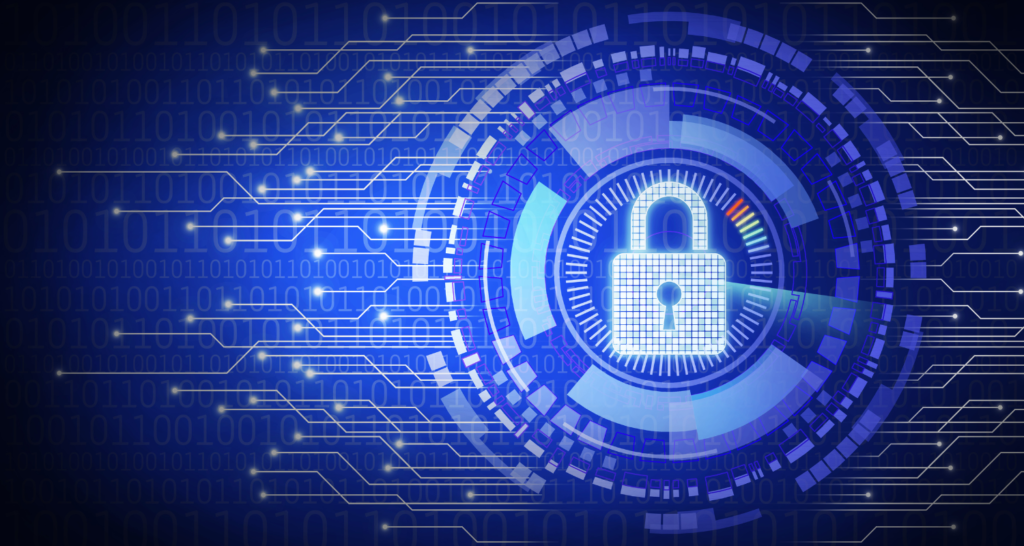Zero trust is a cybersecurity concept that means we shouldn’t trust anyone automatically, regardless of their location or network. This includes employees, contractors, and devices and apps within an organization.
Traditionally, cybersecurity relied on a “castle and moat” approach. This meant fortifying the perimeter of an organization and only allowing trusted insiders in. But as more organizations have embraced remote work and cloud-based apps, it’s become harder to maintain this kind of security.
That’s where zero trust comes in. Instead of relying on the physical location of an employee or device, zero trust security looks at each request for access as a potential threat. It verifies the identity and permissions of the user or device before granting access.
Best Cyber Security Consulting Companies

How Does Zero Trust Work?
Zero trust security uses a combination of technologies to protect against cyber threats. These include multi-factor authentication, access controls, and network segmentation.
Multi-factor authentication (MFA) requires users to provide multiple forms of identification before they can access a system or app. This could be something they know (like a password), something they have (like a security token), and something they are (like a fingerprint). MFA adds an extra layer of security by making it harder for attackers to gain access to systems and data.
Access controls allow organizations to set specific permissions for different users and devices. This ensures that they only have access to the resources they need for their job. Access controls also help to prevent unauthorized access to sensitive data and systems.
Network segmentation divides an organization’s network into smaller, isolated segments. It also strictly controls communication between them. This makes it harder for a hacker to move laterally through an organization’s network if they breach it. Network segmentation helps to contain a security breach and minimize its impact.
Pros and Cons of Working in Cybersecurity
Why is Zero Trust Important?
Zero trust is especially important in today’s cybersecurity landscape. Cyber threats continue to evolve and become more sophisticated. Hackers often use tactics like phishing and social engineering to trick employees into giving away login credentials or installing malware on their devices.
By implementing a zero trust security model, organizations can better protect themselves against these attacks. They can also ensure that only authorized users and devices have access to sensitive data and systems.
One of the key benefits of zero trust is that it helps to prevent data breaches. Data breaches can be costly and damaging to an organization’s reputation. They can also result in the loss of sensitive information, such as customer data or intellectual property. Implementing zero trust can help to reduce the risk of a data breach and protect an organization’s assets.
Another benefit of zero trust is that it can help to improve an organization’s compliance with regulations. Many industries have specific regulations in place to protect sensitive data, such as the healthcare industry’s HIPAA regulations or the financial industry’s PCI DSS standards. By implementing zero trust, organizations can better ensure that they are in compliance with these regulations and avoid potential fines and penalties.
Cybersecurity Vs Network Engineer – Top 3 Differences
In summary, zero trust in cybersecurity is a security model that assumes no one can be trusted by default. It verifies the identity and permissions of users and devices before granting access. By using technologies like MFA, access controls, and network segmentation, organizations can better protect themselves against cyber threats and ensure the security of their systems and data. Implementing zero trust can also help organizations to reduce the risk of a data breach, improve compliance with regulations, and protect their assets.






0 Comments